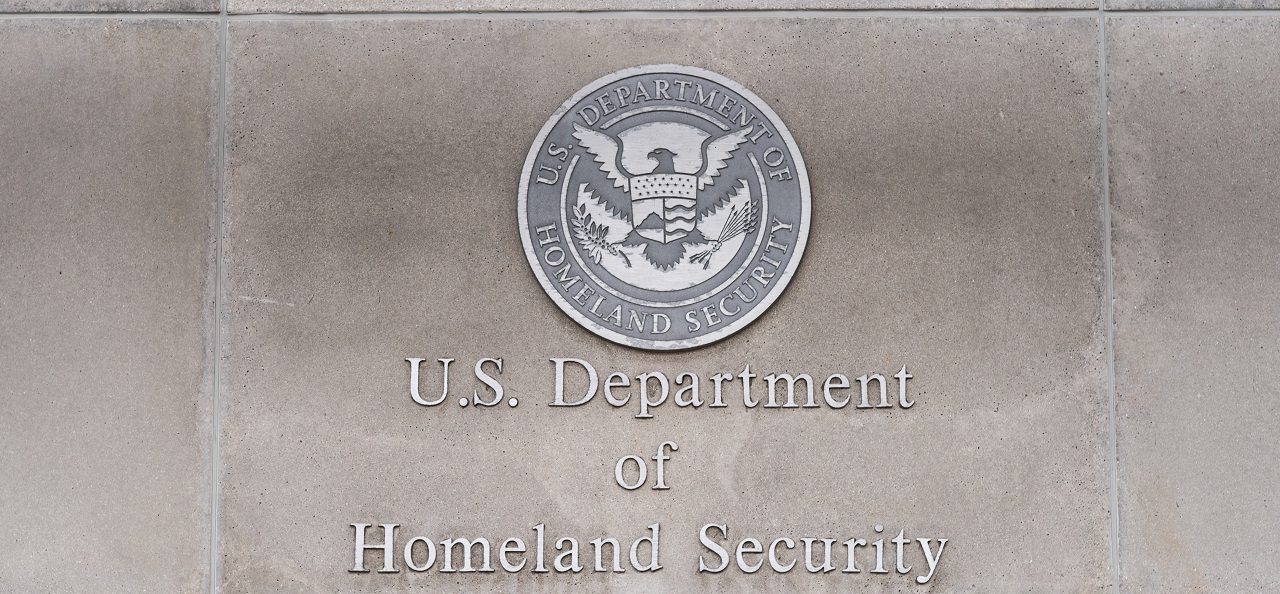The Department of Homeland Security proposed new rules to strengthen protections for temporary workers through the H-2A temporary agricultural and H-2B temporary nonagricultural worker programs. In a notice of proposed rulemaking published Sept. 18, the agency seeks in part to enhance existing protections against employer-imposed fees, extend to H-2 workers whistleblower protections available to those in the H-1B visa program and make H-2 portability permanent.
The H-2 programs allow certain US employers or agents to bring foreign nationals to the United States to fill temporary jobs for which there are not enough US workers who are able, willing, qualified and available to do the temporary work.
The proposed rule would clarify prohibitions on employer-imposed fees and strengthen the prohibition on, and consequences of, such prohibited fees being collected by employers or recruiters at any time from H-2 workers.
The agency also is also proposing to provide H2A and H-2B workers with whistleblower protection comparable to that afforded to H-1B workers. Employers may face increased requests for evidence, denials or other actions on their H-2 petitions, or other program integrity mechanisms available under this rule or existing authorities as a result of H-2 workers’ cooperation in program integrity activity due to whistleblower protections.
The rule would also offer several benefits to employers, including making H-2 portability permanent, which would allow employers who are facing worker shortages to hire H-2 workers who are already lawfully in the United States while the employer’s H-2 petition for the worker is pending.
Other provisions of the proposal include:
- Stronger language requiring petitioners or employers to both consent to and fully comply with any USCIS audit, investigation or other program integrity activity and clarify USCIS’s authority to deny/revoke a petition if unable to verify information related to the petition, including due to lack of cooperation from the petitioner or employer during a site visit or other compliance review.
- Aligning the grace period between the two programs and creating a 60-day grace period following any H-2A or H-2B revocation or cessation of employment, during which the worker would not be considered to have failed to maintain nonimmigrant status and would not accrue any unlawful presence solely on the basis of the revocation or cessation.
- Clarifying responsibility of H-2A employers for reasonable costs of return transportation for beneficiaries following a petition revocation.
- Eliminating the “interrupted stay” calculation and instead reducing the period of absence to reset an individual’s three-year period of stay. This would simplify and reduce the burden to calculate beneficiary absences for petitioners, beneficiaries and adjudicators. It may also reduce the number of requests for evidence related to three-year periods of stay.
“For years, H-2A and H-2B temporary worker visa recipients have been essential to our seasonal and agricultural economies,” said Homeland Security Secretary Alejandro N. Mayorkas. “These proposed reforms will help US employers address worker shortages through new program flexibilities. They will also help provide this vulnerable population of workers with the protections they deserve.”









